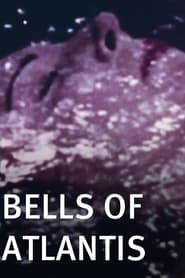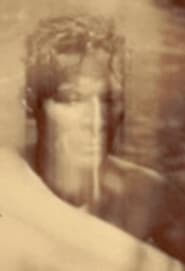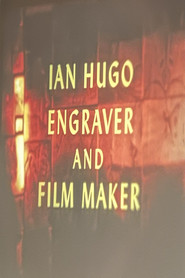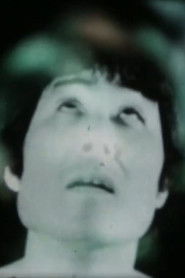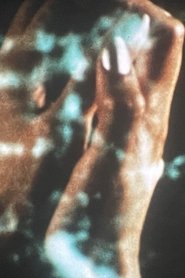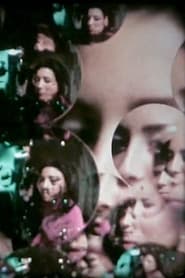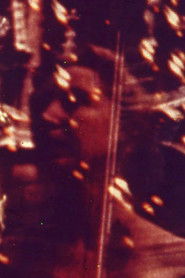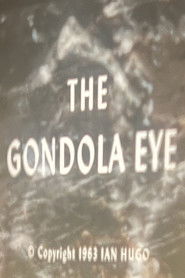Ian Hugo was born Hugh Parker Guiler in Boston, Massachusetts, on February 15, 1898. His childhood was spent in Puerto Rico—a "tropical paradise," the memory of which stayed with him and surfaced in both his engravings and his films. He attended school in Scotland and graduated from Columbia University, where he studied economics and literature.
Hugo was working with the National City Bank when he met and married author Anais Nin in 1923. The couple moved to Paris the following year where Nin's diary and Guiler's artistic aspirations flowered. Guiler feared his business associates would not understand his interests in art and music, let alone those of his wife, so he began a second, creative life, as Ian Hugo. Ian and Anais moved to New York in 1939. The following year he took up engraving and etching, working at Stanley William Hayter’s experimental printmaking workshop Atelier 17, established at the New School for Social Research.
Hugo began producing surreal images that were often used to illustrate Nin's books. For Nin, his unwavering love and financial support were indispensable—Hugo was the "fixed center, core... my home, my refuge" (Sept. 16, 1937, 'Nearer the Moon, The Unexpurgated Diary of Anais Nin", 1937-!939). Fictionalized portraits of Higo and Nin appear in Philip Kaufman's 1990 film drama of a literary love triangle, 'Henry & June.'
Inspired by comments that viewers saw motion in his engravings, Hugo took up filmmaking. He asked the avant-garde filmmaker Sasha Hammid for instruction but was told, "Use the camera yourself, make your own mistakes, make your own style." Hugo embarked on an exploration of the film medium as a vehicle to delve into his dreams, his unconscious, and his memories. Without a specific plan, He would collect vibrant images, then reorder or superimpose them, seeking a sense of self-connection through the poetic juxtapositions he created. These intuitive explorations resembled the mystical evocations of his engravings, which he described in 1946 as "hieroglyphs of a language in which our unconscious is trying to convey important, urgent messages."
In the underwater world of his film ‘Bells of Atlantis,’ the light originates from the world above the surface; it is otherworldly, out of place, yet essential. In ‘Jazz of Lights,’ the street lights of Times Square become, in Nin's words, "an ephemeral flow of sensations." This flow that she also calls "phantasmagorical" had a crucial impact on Stan Brakhage who said that without Jazz of Lights (1954), "there would have been no Anticipation of the Night," his autobiographical film which ushered in a new era of experimental modernist filmmaking.
Hugo lived the last two decades of his life in a New York apartment high above street level. In the evenings, surrounded by an electrically illuminated man-made landscape, he dictated his memoirs into a tape recorder and would, from time to time, polish the copper matrices that held the engraved images of his supersensible worlds.
Hugo’s graphic works are represented in the collections of the Baltimore Museum of Art, British Museum, Brooklyn Museum, Indianapolis Museum of Art, U.S. Library of Congress, Museum of Modern Art, National Gallery of Art, Rose Art Museum (Brandeis University), and the Smithsonian Museum of American Art.
Hugo was working with the National City Bank when he met and married author Anais Nin in 1923. The couple moved to Paris the following year where Nin's diary and Guiler's artistic aspirations flowered. Guiler feared his business associates would not understand his interests in art and music, let alone those of his wife, so he began a second, creative life, as Ian Hugo. Ian and Anais moved to New York in 1939. The following year he took up engraving and etching, working at Stanley William Hayter’s experimental printmaking workshop Atelier 17, established at the New School for Social Research.
Hugo began producing surreal images that were often used to illustrate Nin's books. For Nin, his unwavering love and financial support were indispensable—Hugo was the "fixed center, core... my home, my refuge" (Sept. 16, 1937, 'Nearer the Moon, The Unexpurgated Diary of Anais Nin", 1937-!939). Fictionalized portraits of Higo and Nin appear in Philip Kaufman's 1990 film drama of a literary love triangle, 'Henry & June.'
Inspired by comments that viewers saw motion in his engravings, Hugo took up filmmaking. He asked the avant-garde filmmaker Sasha Hammid for instruction but was told, "Use the camera yourself, make your own mistakes, make your own style." Hugo embarked on an exploration of the film medium as a vehicle to delve into his dreams, his unconscious, and his memories. Without a specific plan, He would collect vibrant images, then reorder or superimpose them, seeking a sense of self-connection through the poetic juxtapositions he created. These intuitive explorations resembled the mystical evocations of his engravings, which he described in 1946 as "hieroglyphs of a language in which our unconscious is trying to convey important, urgent messages."
In the underwater world of his film ‘Bells of Atlantis,’ the light originates from the world above the surface; it is otherworldly, out of place, yet essential. In ‘Jazz of Lights,’ the street lights of Times Square become, in Nin's words, "an ephemeral flow of sensations." This flow that she also calls "phantasmagorical" had a crucial impact on Stan Brakhage who said that without Jazz of Lights (1954), "there would have been no Anticipation of the Night," his autobiographical film which ushered in a new era of experimental modernist filmmaking.
Hugo lived the last two decades of his life in a New York apartment high above street level. In the evenings, surrounded by an electrically illuminated man-made landscape, he dictated his memoirs into a tape recorder and would, from time to time, polish the copper matrices that held the engraved images of his supersensible worlds.
Hugo’s graphic works are represented in the collections of the Baltimore Museum of Art, British Museum, Brooklyn Museum, Indianapolis Museum of Art, U.S. Library of Congress, Museum of Modern Art, National Gallery of Art, Rose Art Museum (Brandeis University), and the Smithsonian Museum of American Art.
Show more expand_more
keyboard_double_arrow_down
